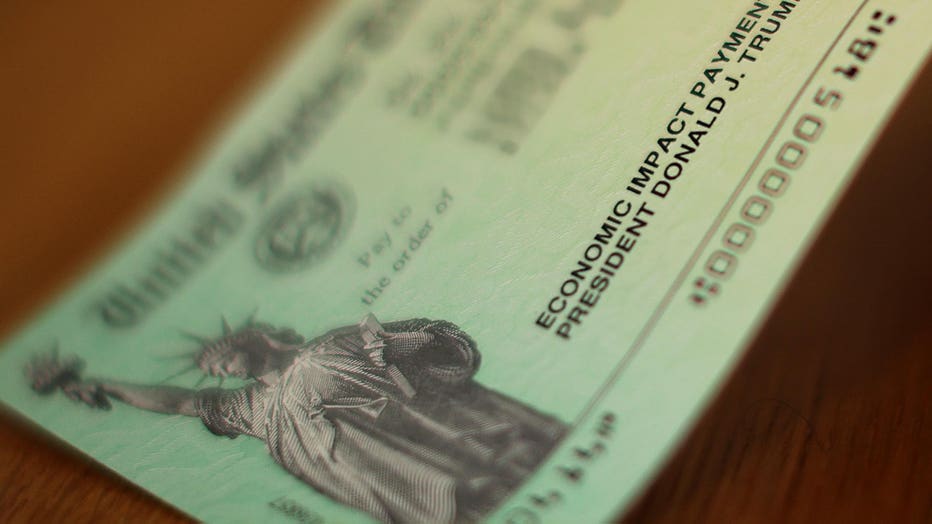Second stimulus check details revealed: Who is eligible?
The GOP unveiled details for a second round of direct payments to American households on Monday, in legislation that has been dubbed the HEALS Act.
If you qualified for a check in the first round, you are likely up for a second payment – perhaps for an even larger amount.
The checks will largely follow the same guidelines as those issued under the CARES Act. The payments are $1,200 per adult for those with adjusted gross incomes of up to $75,000. The threshold for married couples is $150,000 – they are eligible for $2,400 and $500 per dependent.
The benefit phases out entirely for those earning more than $99,000, or $146,500 for heads of household with one child and $198,000 for joint filers without children.
RELATED: More payments, extended benefits: Inside the GOP's COVID stimulus proposal
The difference with this round of payments is that there will be no age cap on eligible dependents. While the CARES Act only allowed the additional $500 to be allocated for families with dependent children, now households will be able to claim the additional $500 for dependents of any age.
In order to receive the benefit, an individual must have a work-eligible Social Security number and he or she cannot be the dependent of another taxpayer.

President Donald Trump's name appears on the coronavirus economic assistance checks that were sent to citizens across the country April 29, 2020 in Washington, D.C. (Photo by Chip Somodevilla/Getty Images)
While the IRS ran into a few challenges issuing the first round of checks, by keeping the criteria largely the same the tax agency would presumably be able to get out a second round more quickly.
Lawmakers also clarified a number of issues.
For example, the legislation stipulates that rebates are not subject to administrative offset for past debts, with the exception of past-due child support. The cash is protected from bank garnishment or levy by private creditors or debt collectors, which would be applied retroactively to the CARES Act money.
RELATED: Republican senators push for stimulus checks to nearly 2M excluded Americans
Also, it clarifies that anyone who died prior to Jan. 2020 is not eligible for a payment, nor is anyone who is incarcerated at the time the payment is processed by the Treasury or anyone who is imprisoned for the duration of 2020.
Here’s a look at the other proposals included in the sweeping legislation.
Get updates on this story from foxbusiness.com.

